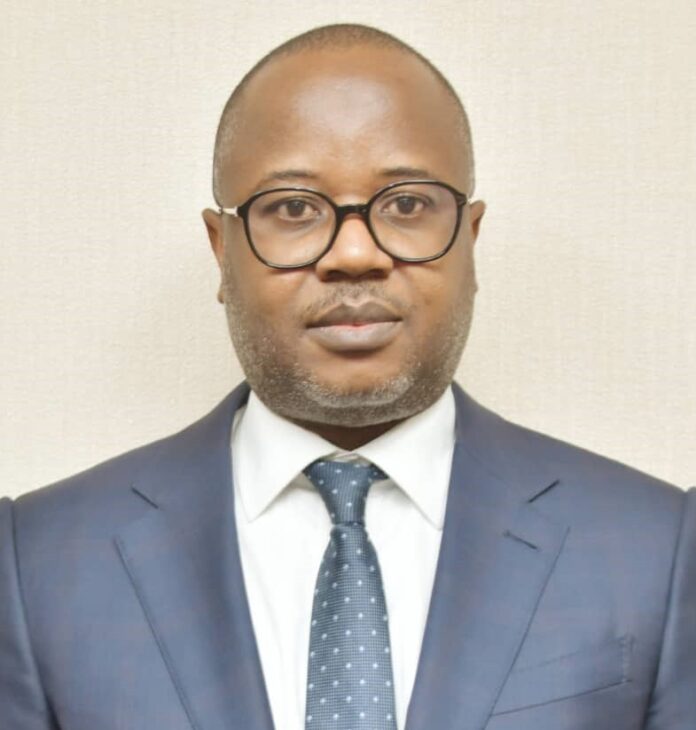The Bank of Ghana’s First Deputy Governor, Dr. Maxwell Opoku-Afari, has provided insights into Ghana’s eCedi pilot, emphasising its potential to enhance financial inclusion and drive economic growth.
BoG initiated the pilot in 2022, exploring both online and offline versions of the retail central bank digital currency (CBDC).
Ghana has been actively pursuing a financial sector digitisation programme for years, aiming to promote financial inclusion and bolster the country’s economic development. To ensure comprehensive testing, the Bank of Ghana chose three locations for the eCedi pilots: the capital city of Accra, the town of Tarkwa and the village of Sefwi Asafo. The first two locations focused on various use cases for online payments, while Sefwi Asafo served as the testing ground for the offline experiment.
At the Payments Canada Summit held in Toronto from May 3-5, 2023, Dr. Opoku-Afari stressed the importance of including all Ghanaians in the digital currency’s usability, regardless of their location. Despite a significant increase in formal bank account ownership over the past decade, approximately one-third of Ghana’s population remains unbanked. By exploring offline CBDC capabilities, Ghana aims to address this issue and ensure universal accessibility to the eCedi.
The Bank of Ghana adopted a token-based system for the eCedi, minting the digital currency and distributing it through commercial players such as a mobile money providers, two banks and two payment service providers (PSPs). This approach, rather than relying solely on a central bank app, aims to foster a robust ecosystem according to Dr. Opoku-Afari.
During the online pilots, participants utilised existing banking apps for peer-to-peer transactions, wallet-to-bank transfers, and merchant and bill payments. In contrast, the offline experiment involved distribution of the eCedi through smart-cards and focused primarily on merchant payments. This emphasis arose from the fact that as of 2017, 99 percent of such transactions in Ghana still relied on cash.
The Bank of Ghana set out to test three key aspects: the eCedi’s functionality for consecutive offline payments; the ability of target users to utilise the currency; and their willingness to adopt it. The bank’s findings revealed that a significant percentage of participants responded positively to their experience with the eCedi, indicating potential acceptance and usage.
Dr. Opoku-Afari expressed enthusiasm for the eCedi’s ability to enhance financial inclusion in rural areas, as it enables the creation of transaction histories that commercial players can leverage to offer tailored products and services with user consent. He also referenced a Barclays executive who praised the Bank of Ghana for paving the way to increased business development.
In light of Ghana’s ongoing economic difficulties and engagement with the International Monetary Fund (IMF), Opoku-Afari affirmed that addressing the eCedi initiative remains a top priority. While acknowledging Nigeria’s direct implementation of a CBDC, Opoku-Afari emphasised the importance of comprehensive testing before full-scale implementation – noting the resource-intensive nature of the process.
The Bank of Ghana’s eCedi pilot showcases the potential of digital currencies to enhance financial inclusion and drive economic growth in Ghana. By leveraging the findings from these pilots, the central bank aims to refine the eCedi project further; thus ensuring that it aligns with the country’s context and serves as a valuable tool for Ghanaians across the nation.










